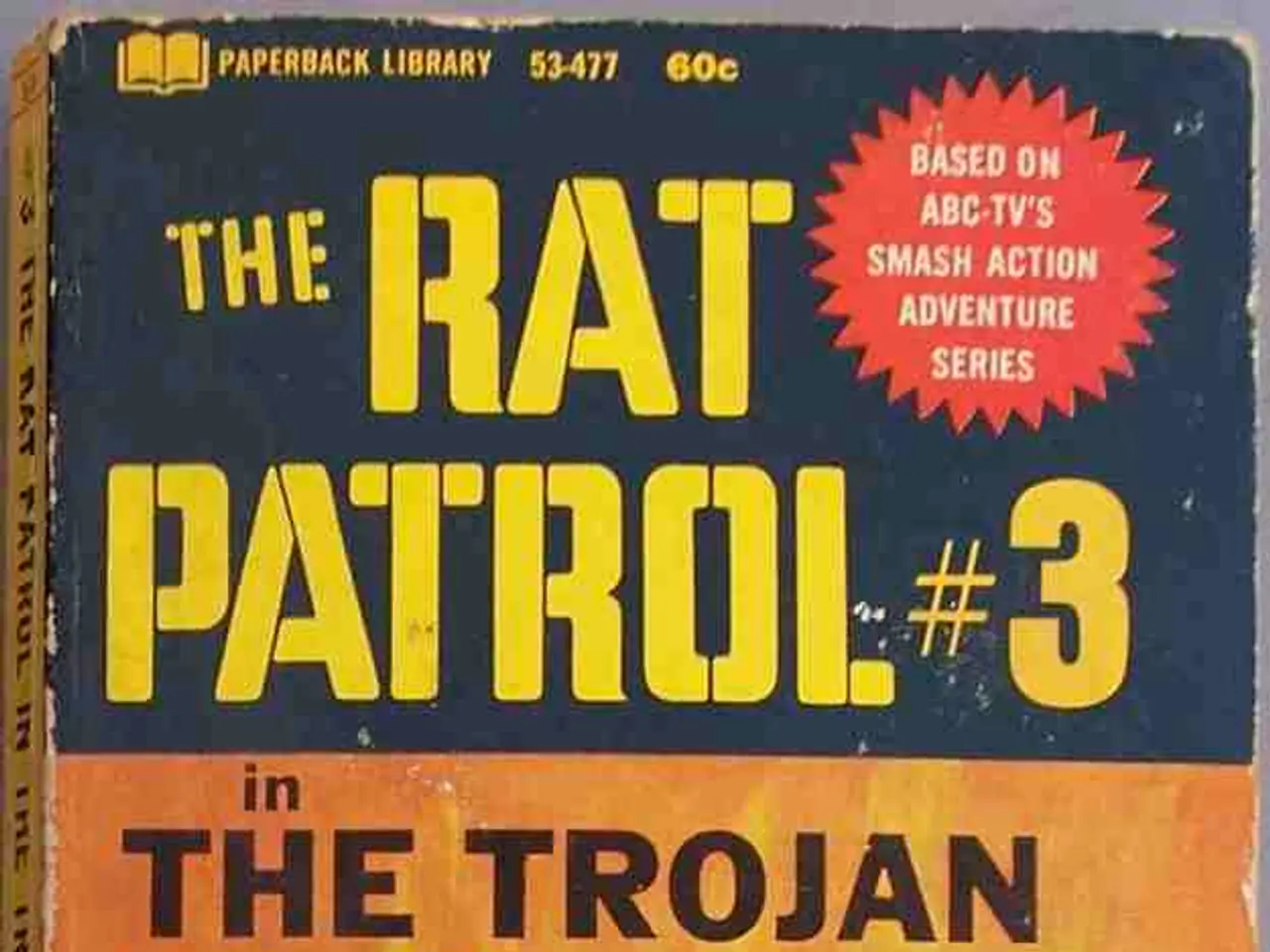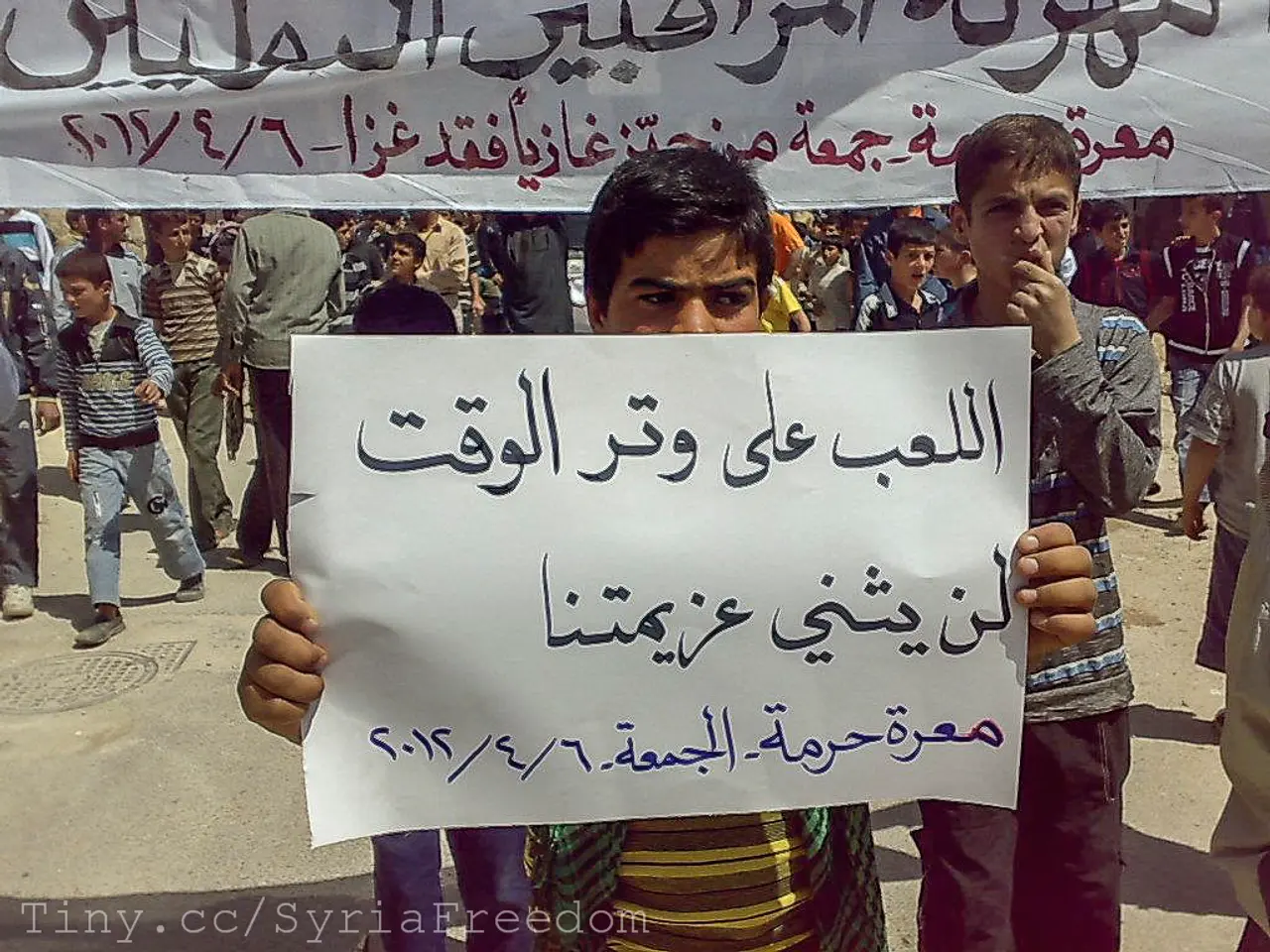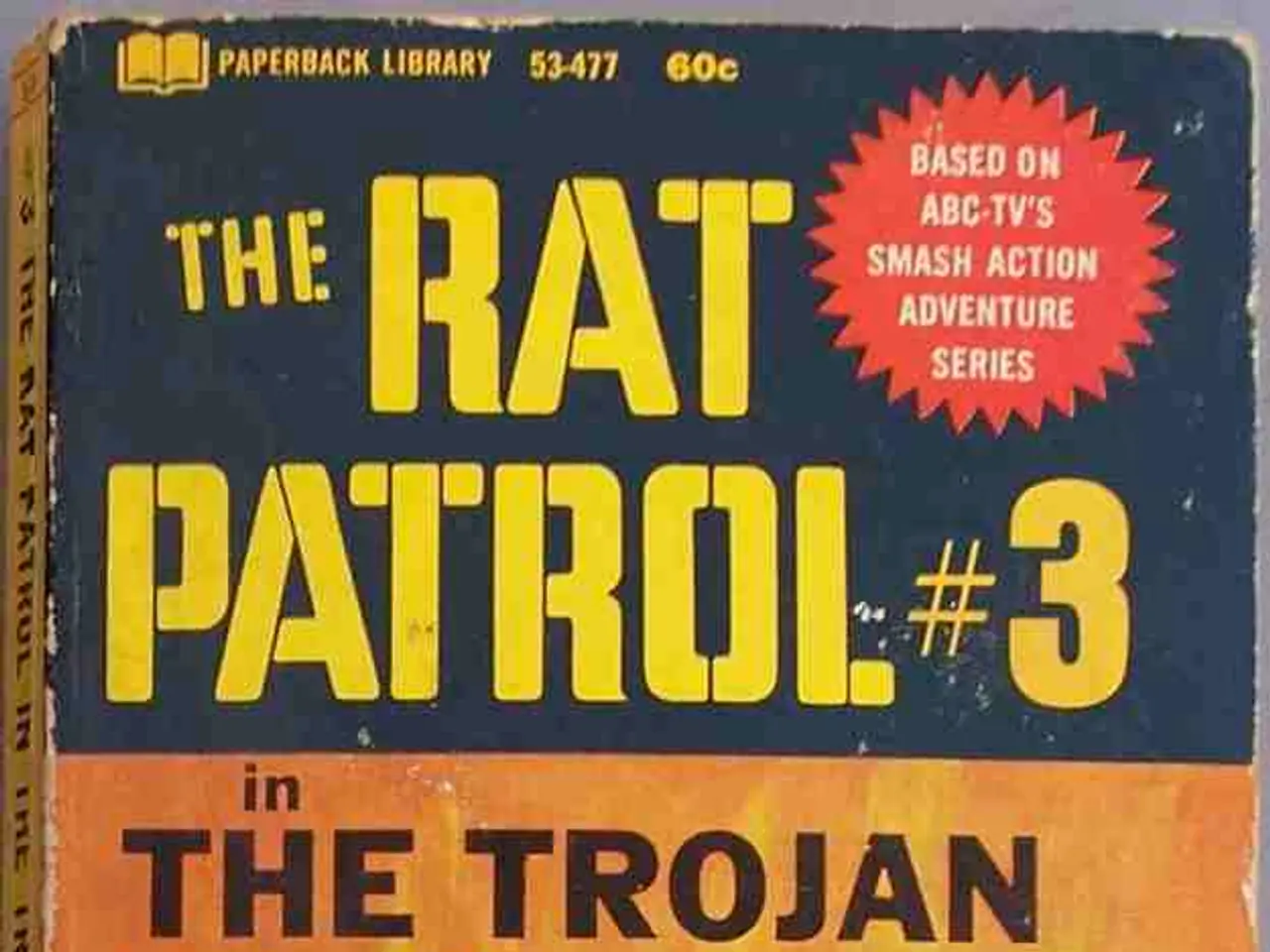Surprise Reaction from Mexican Government on Trump's Cartel Order; Sheinbaum Confirms Receipt of Information from New York Times
In a surprising turn of events, President Donald Trump has signed a secret directive authorising the Pentagon to use military force on foreign soil, targeting Latin American drug trafficking cartels. This move marks an escalation in U.S. drug enforcement efforts, potentially deploying military force in Latin America against criminal organisations.
The directive empowers the U.S. military to conduct operations at sea and on land outside U.S. borders, aimed at dismantling these cartels. The focus is on combating the flow of fentanyl, a powerful synthetic opioid primarily produced by Mexican cartels using chemical products from China.
The Trump administration views these cartels as armed terrorist entities, justifying a militarized response involving the Department of Defense alongside intelligence agencies. However, the specifics of the U.S. executive order regarding military operations against these groups are yet to be seen.
The Mexican government, particularly President Claudia Sheinbaum, has expressed firm opposition to any U.S. military intervention on Mexican territory. Sheinbaum confirmed that Mexico was informed of the directive but emphasized that the order concerns actions only within U.S. jurisdiction. She rejected the possibility of U.S. troops entering Mexico, stating clearly that military invasion is absolutely ruled out.
Mexico prefers cooperation and intelligence sharing rather than direct U.S. military involvement on its soil, respecting sovereignty while showing willingness to collaborate on security issues against cartels. If the White House acts unilaterally, Mexico could potentially withdraw its cooperation on issues like security and immigration.
The U.S. President's order against drug trafficking cartels took the Mexican government by surprise. The transnational Venezuelan gang Tren de Aragua, and the Salvadoran gang Mara Salvatrucha (MS-13) have also been designated as terrorists by the Trump administration.
The U.S. military high command has begun to draw up plans for these actions, but the implications of this secret order are significant. It marks an escalation beyond previous U.S. drug enforcement efforts and potentially sets a new paradigm for combating drug trafficking using military and intelligence resources.
[1] The New York Times. (2020). Trump Signs Secret Order Empowering Pentagon to Fight Cartels. Retrieved from https://www.nytimes.com/2020/01/19/us/politics/trump-cartel-order.html
[2] BBC News. (2020). Mexico: Trump's Cartel Order Met with Opposition. Retrieved from https://www.bbc.com/news/world-latin-america-51230566
[3] The Guardian. (2020). Trump Signs Secret Order Authorising Military Action Against Drug Cartels. Retrieved from https://www.theguardian.com/us-news/2020/jan/19/trump-signs-secret-order-authorising-military-action-against-drug-cartels
[4] CNN. (2020). Trump's Secret Order to Take on Cartels. Retrieved from https://www.cnn.com/2020/01/19/politics/trump-cartel-order/index.html
- The recently signed secret directive by President Trump allows the U.S. military to take aggressive actions against foreign drug trafficking cartels, positioning this policy-and-legislation as a significant shift in politics and general-news.
- The focus of this new policy is on dismantling cartels that spread drugs like fentanyl, posing challenges not only in terms of crime-and-justice but also in diplomacy, as seen in the Mexican government's firm opposition to U.S. military intervention on Mexican territory.





